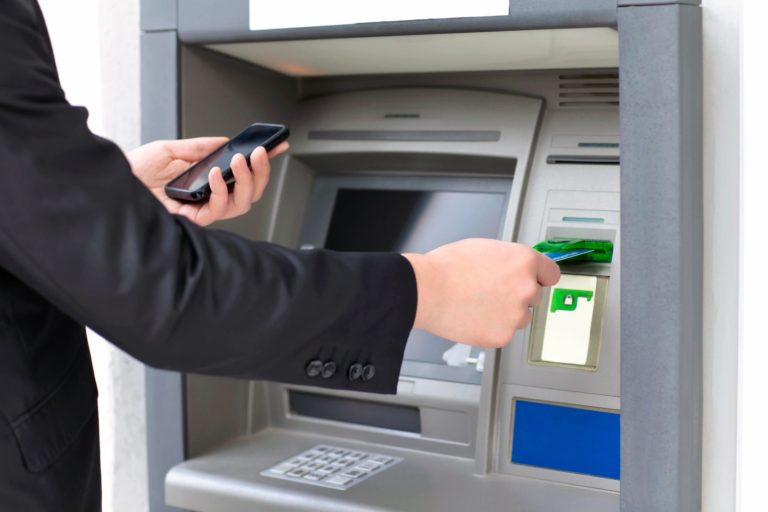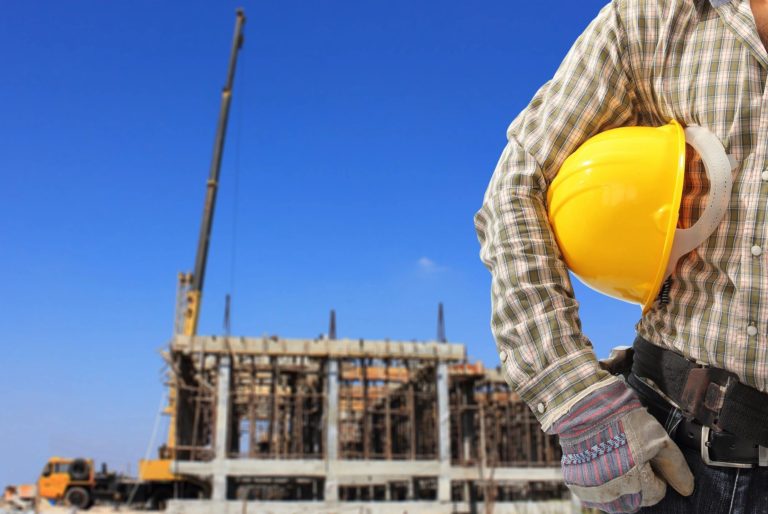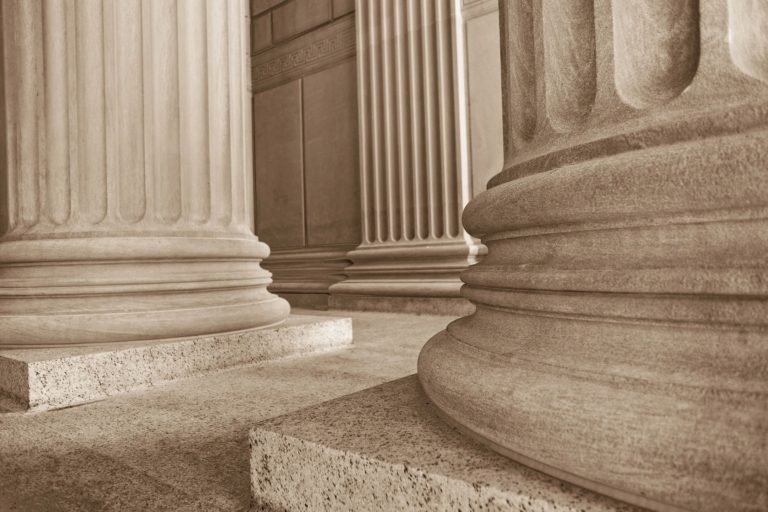There is a huge untapped group of people ready for employment. The formerly incarcerated are willing to work but hundreds of laws and regulations make it difficult.
They have a hard time accessing resources including housing and employment, but the business community can help by hiring people with criminal records to fill vacant positions.
In Baltimore, the Center for Urban Families, PIVOT and Turnaround Tuesday, which all help with reentry are encouraging employers to hire people who have served their time and need a second chance.
Meaningful employment helps communities become successful and is also is good for business.
The labor pool is struggling, and many companies need to grow their businesses and make a profit. By hiring returning citizens companies can help themselves.
Second Chance Employers report that individuals with criminal records perform the same as or better than employees without a criminal record.
Second chance hires are also just as or more dependable than hires without criminal records. They are also more loyal and have lower turnover rates.
Another positive: hiring people with records makes companies more attractive to millennials who as of 2020, make up 50 percent of the workforce. Millennial employees usually consider a company’s social and environmental commitments when deciding where to work.
Employing returning citizens also reduces the chance that they will reoffend. Employed returning citizens pay taxes, and can also serve as mentors and counselors within their community.
The Maryland Federal Bonding Program protects employers with second chance employees. The federal Workforce Tax Credit provides employers a tax credit too.
The Center for Urban Families, PIVOT and Turnaround Tuesday prepare returning citizens for the workforce, find them jobs, and support them after they become employed. The groups also provide coaching, self-development, relationship building, leadership training, housing resources and mental health supports after prison.
The groups are asking all Maryland employers to join local Second Chance employers in order to benefit the company and the community.










